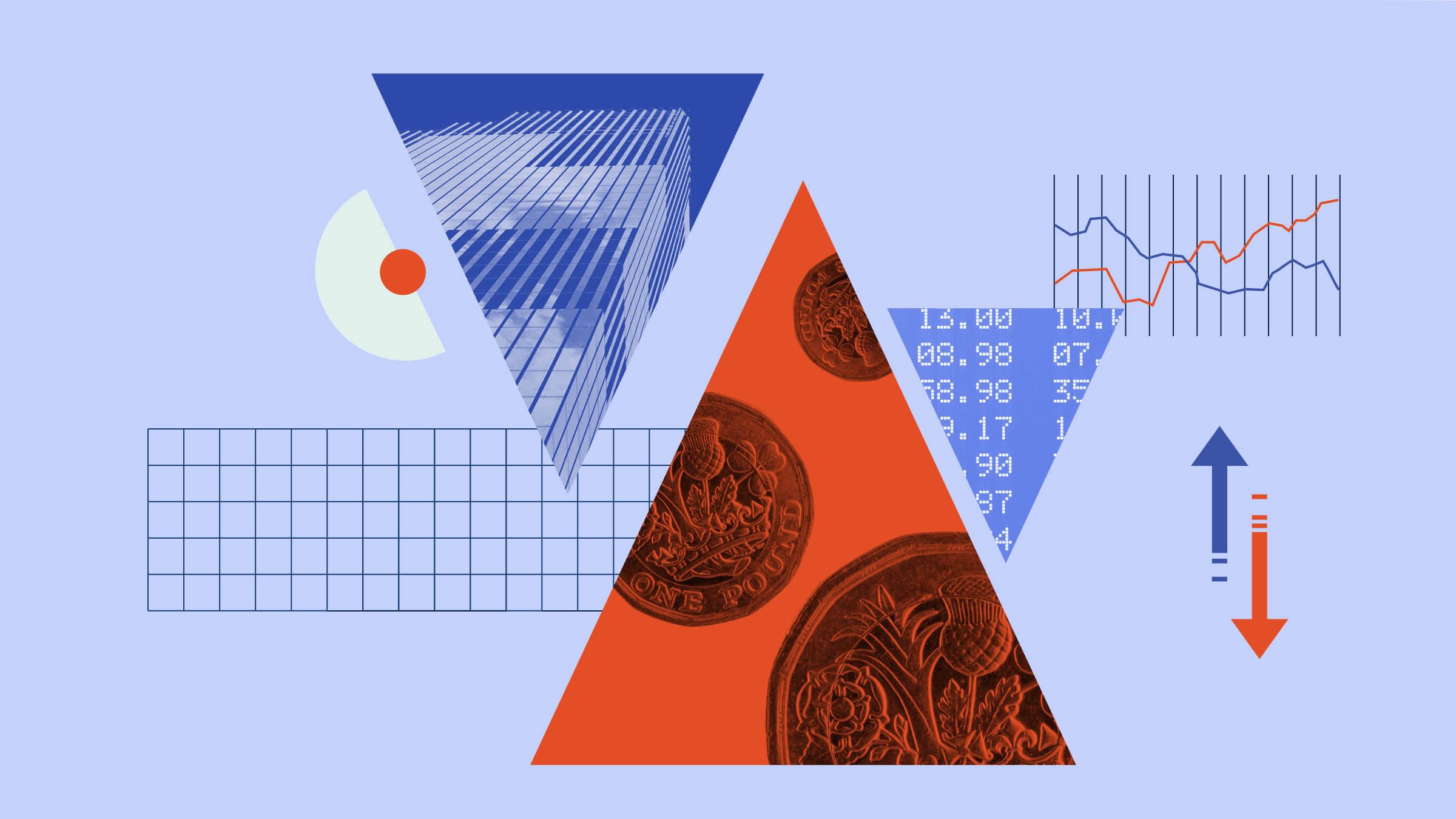Valerio Baselli: Hello. Welcome to Morningstar. One year passed since Russia's invasion of Ukraine. The outbreak of the conflict has had a major impact on prices of key commodities from oil and gas through to steel and grains. Today, to shine a light on what to expect from commodity markets in 2023, I'm joined by Nitesh Shah. He is Head of Commodities & Macroeconomic Research at WisdomTree.
So, Nitesh, commodity prices are always volatile. But in 2022, markets reached new levels of turbulence. What is your general outlook for this year? And in your view, could a possible and hope for peace between Ukraine and Russia be a game changer?
Nitesh Shah: Yeah. A great question. So, coming into 2023, commodities have continued to perform really strong as they did in 2021 and 2022, although albeit with that level of volatility that you mentioned. Now, volatility I think will continue because we've got macro headwinds facing commodities. We've got central banks in the developed world very eager to kill inflation and they're doing so by raising interest rates. And that hurts cyclical assets, commodities included. But once we're over this period of monetary tightening, we believe that commodities are likely to excel. Indeed, there is a new tailwind for commodities this year. There's a reopening of China. And China is the largest consumer of all commodities. The strong recovery that we had in economic terms in 2021 and 2022 was all in the absence of China. Now with China being a participant we will likely see commodities excel. Beyond that, we believe there is a secular force for commodities to rise substantially over a number of years, and that's due to an energy transition and a new found expenditure on infrastructure that will be extremely commodity-intensive, especially in the metal space.
Now, the risk you mentioned with Russia reopening, yes, we believe that there is hope for peace there. But do we think it's likely at this stage when the conflict there is escalating rather than deescalating? Probably not. But it's also clear that there's tightness in many metal markets and many commodity markets, even in the absence of the Russia/Ukraine situation. So, commodities could even excel even if Russia were to become a participant in supplying the world with its commodities once again.
Baselli: And of course, historically, we know that commodities are mainly known as a protection against inflation, which is already an important role, I would say, especially today, and yet their role is wider than that, right?
Shah: Yes, commodities play many different roles in a portfolio. Inflation is obviously a standout one and we saw that evident in 2021 and 2022 when we had inflation rising to multi-decade highs, commodities were probably one of the only assets that could protect against that level of inflation. Beyond that, it's also a great diversifier for a portfolio. It's largely uncorrelated with most of the assets. And therefore, when trying to think of a nice portfolio protection, you can diversify with commodities. Also, on top of that, it tends to have a positive skew. And what I mean by that is, take equity markets, for example. The returns in equity markets don't tend to have a normal distribution. They tend to have quite fat tails at the negative end. So, when things go badly, you tend to get really outsized losses on equities. But with commodities, they tend to have fat tails on the positive end. So, when things go well, commodities provide super-sized returns, and that is a very nice trait to add to a portfolio.
Baselli: Right. And finally, if you had to name three commodities to bet on to buy today, which ones would you name and why?
Shah: Yeah. So, there's three commodities I have and for various reasons. Number one, I'll go for Henry Hub Natural Gas because it's severely underpriced today. It's been beaten up close to 60% price declines in the last two months. Part of that was because we were lucky with good weather in the U.S., which meant that natural gas consumption wasn't high. But also, we've got problem with one of the large exporters of liquefied natural gas. So, that's been offline and that's been building up inventory in the U.S. But it's on the cusp of being reopened. So, when that happens, a lot of the inventory in the U.S. will go into international markets and the oversupply situation will be addressed. So, that's Henry Hub Natural Gas for one.
The second one I would say with base metals in general. But if I had to pick one, I'd probably go for copper. As I mentioned, there's this energy transition which is becoming a strong driver of demand for base metals. But on top of that, we have huge supply constraints. And the problems that are going on in Peru right now are an example of that and supply of copper is being curtailed.
Third choice is gold. Now, gold is much more of a defensive asset. It acts as a nice hedge to our portfolio. And as I indicated, this year, we do have uncertainty down that path. We don't know how quickly central banks will make that pivot towards cutting rates or stopping actually interest rate increases, and gold could be a nice hedge for a recession or financial market dislocations. And we believe our models indicate that gold prices could be at all-time new high of 2018 by the end of this year if we just incorporate consensus forecasts on macroeconomic variables. So, gold once again could be at an all-time high by the end of this year.
Baselli: Very interesting. Thank you so much, Nitesh. For Morningstar, I'm Valerio Baselli. Thanks for watching

















